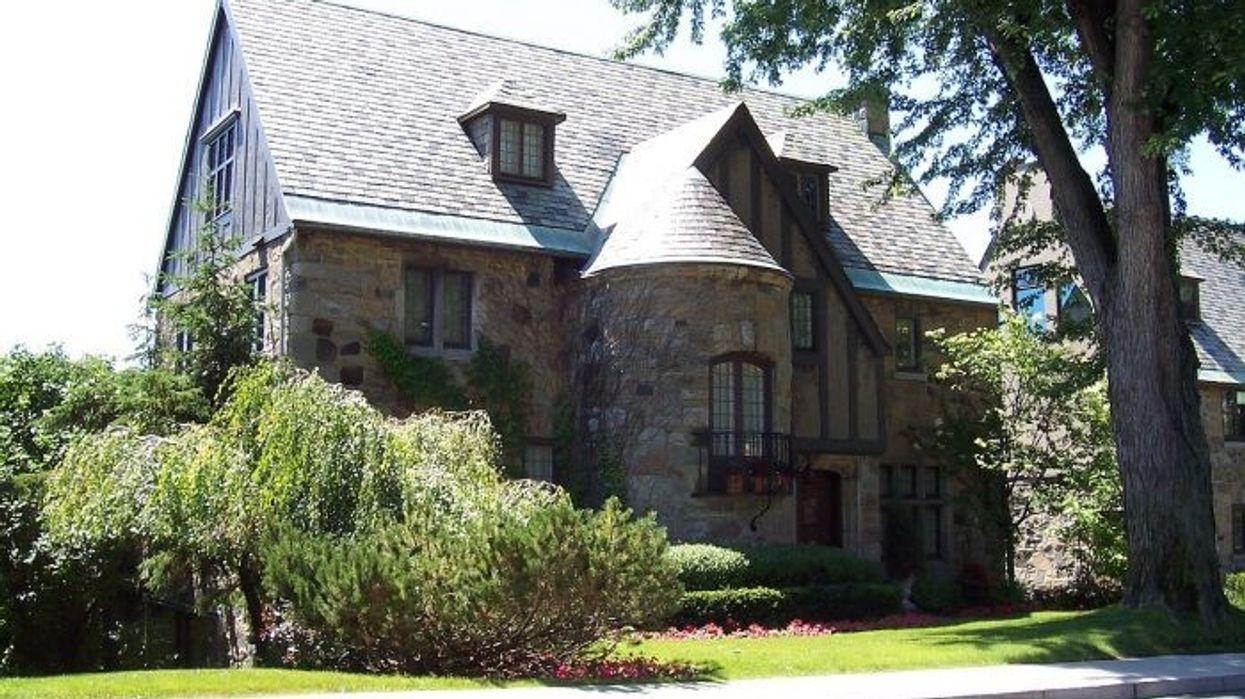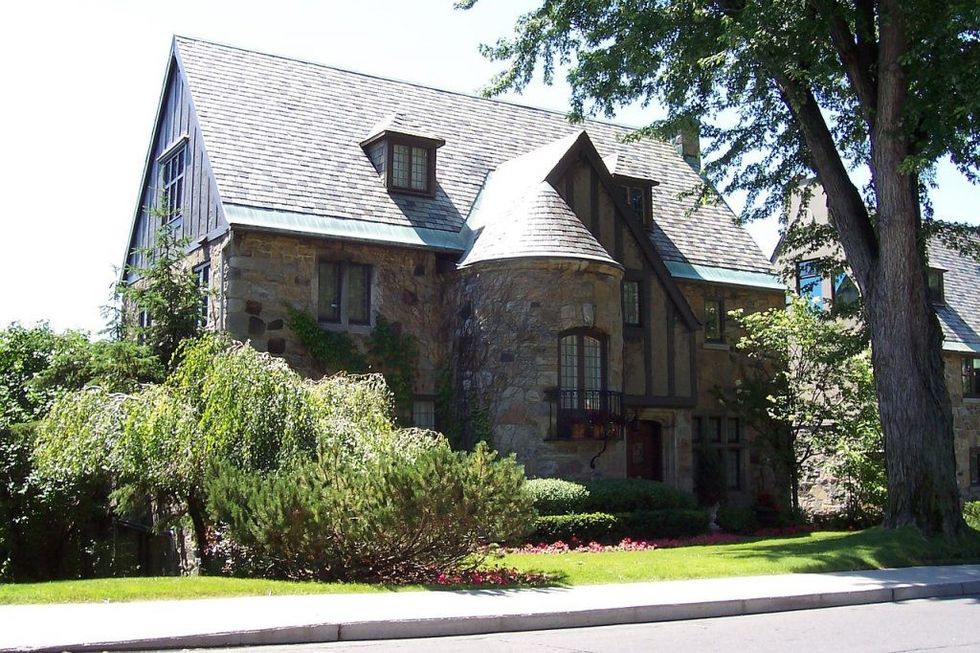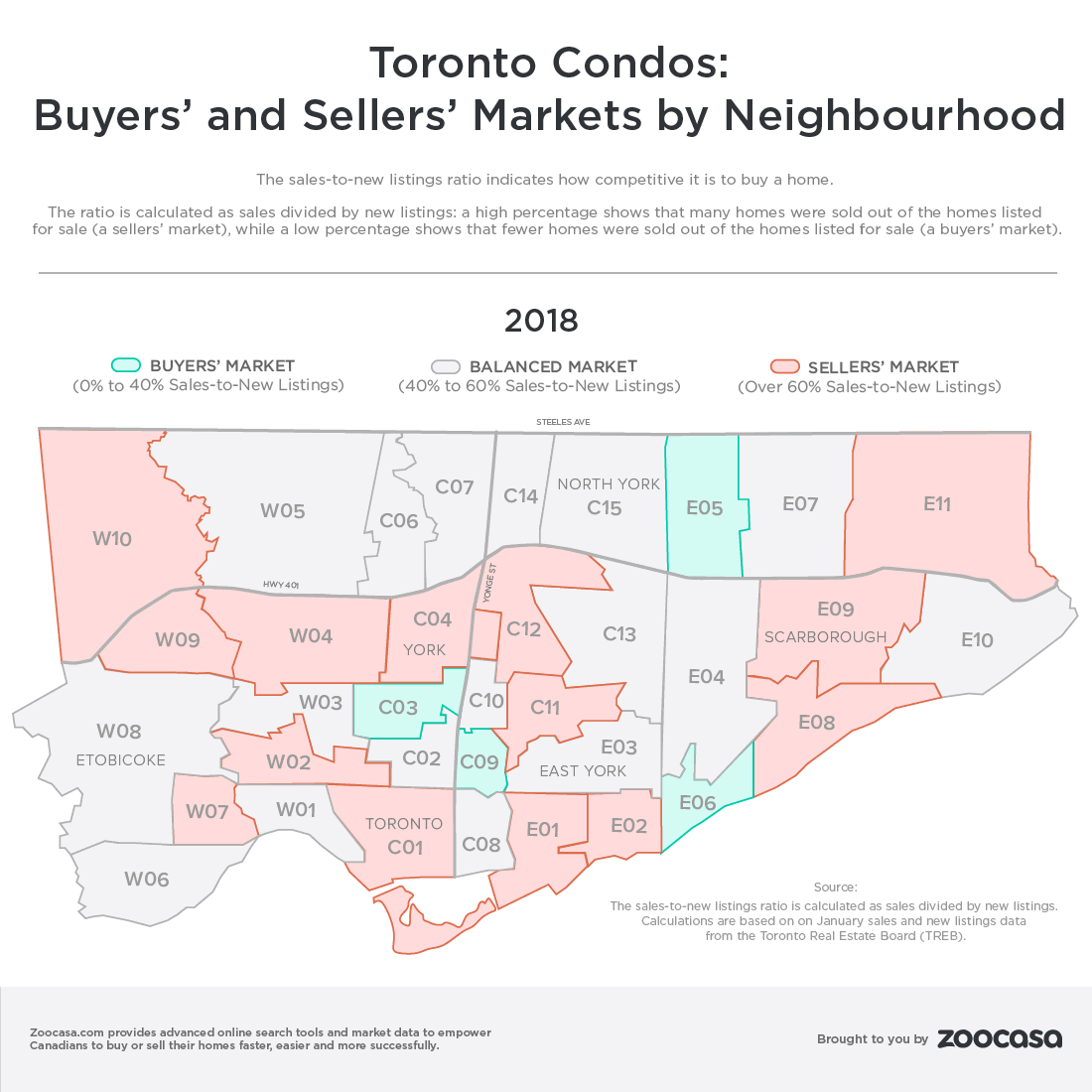It’s been a weird May. That’s the consensus among real estate watchers.
The typically hot spring market has effectively evaded the Greater Toronto Area in 2018, due to the prolonged effect of new housing rules introduced by the provincial government last April.
The Toronto Real Estate Board reports 7,834 sales occurred in May, a 22.2-per-cent decline from the same time period in 2017.
And while that’s the smallest decrease we’ve seen over the last three months — February, March and April sales each clocked in over 30 per cent lower from last year. So there’s still plenty of trepidation among would-be home sellers.
Data collected from TREB’s polling indicates seller intentions are down considerably since last fall, while inventory levels plunged 26 per cent, indicating many sellers would rather wait than list their home at today’s softer price point.
Limited Listings Puts Squeeze On Buyers
A lack of suitable housing for right-sizers and move-up buyers may also be contributing to the listing gridlock, says TREB president Tim Syrianos.
“Unfortunately, many home buyers are still finding it difficult to find a home that meets their needs,” he says.
“These people don’t list their homes for sale, because they feel there are no alternative housing types for them to move into. Policymakers need to focus more on the ‘missing middle’ home types that bridge the gap between detached houses and condominium apartments.”
Syrianos also pointed to research conducted by the Canadian Centre for Economic Analysis, which found five million extra bedrooms currently exist in the Ontario housing market, indicating many Ontarians are living in homes too large for their current needs.
However, lower prices may be a temporary phenomenon as shrinking inventory will put upward pressure on home values in the short term, says TREB’s director of market analysis Jason Mercer.
“Market conditions are becoming tighter in the Greater Toronto Area and this will provide support for home prices as we move through the second half of 2018 into 2019,” he says.
“There are emerging indicators pointing toward increased competition between buyers, which generally leads to stronger price growth.”
Mercer adds that in the City of Toronto, homes of all types sold either at or above asking throughout May.
Most Affordable Home Types Lead Market In Prices And Sales
Demand continues to be strongest for condos, which were the only housing segment type to see an annual price increase of 5.7 per cent, to an average price of $562,892 in the total area tracked by TREB.
Sales for units were down by 15 per cent from last May. Roughly half of the decline was experienced by the single-family home segment. Detached and semi-detached home sales fell 28.5 per cent and 29.4 per cent, respectively.
Prices for detached homes are down 8.2 per cent from 2017, to an average of $1,045,553, while semi-detached remain relatively flat at -1.2 per cent, to an average of $815,803.
Condo townhouse sales saw the smallest year-over-year decline at 13.4 per cent, with prices falling 2.5 per cent to an average of $640,543.
Balanced Conditions Remain In Most Of GTA
The silver lining to a slower spring market is, unlike the scorching sellers’ conditions that defined much of the last two years, today’s buyer enjoys much-improved balance.
The sales-to-new-listings ratio throughout the TREB region was measured at 41 per cent in May, and 49 per cent in the Greater Toronto Area. (This ratio, which is calculated by dividing the number of sales by the number of new listings over a specific time frame. It is used by the Canadian Real Estate Association to determine the level of competition within a market. A ratio between 40 and 60 per cent is considered balanced, with levels below and above that threshold indicating buyers’ and sellers’ markets, respectively.)
Balance also pervades much of the 905 and surrounding markets.
Buyers hunting homes for sale in Hamilton will experience a ratio of 43 per cent in Halton region, while those interested in houses for sale in Mississauga will content with a ratio of 44 per cent.
If you want to see where homes are selling faster than average in Toronto, check out this recent article: Homes Are Selling Faster Than Average in These Toronto Neighbourhoods.
























